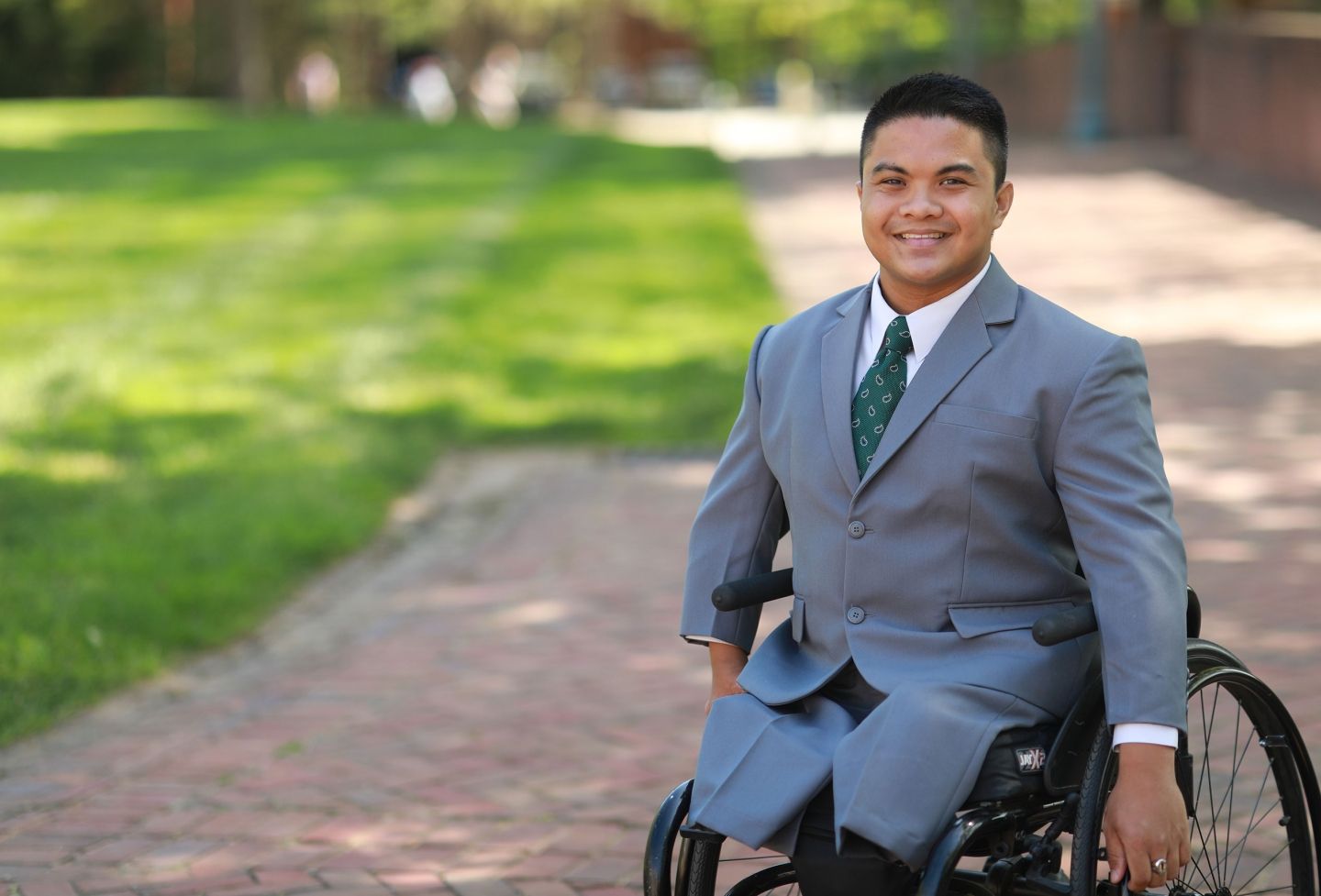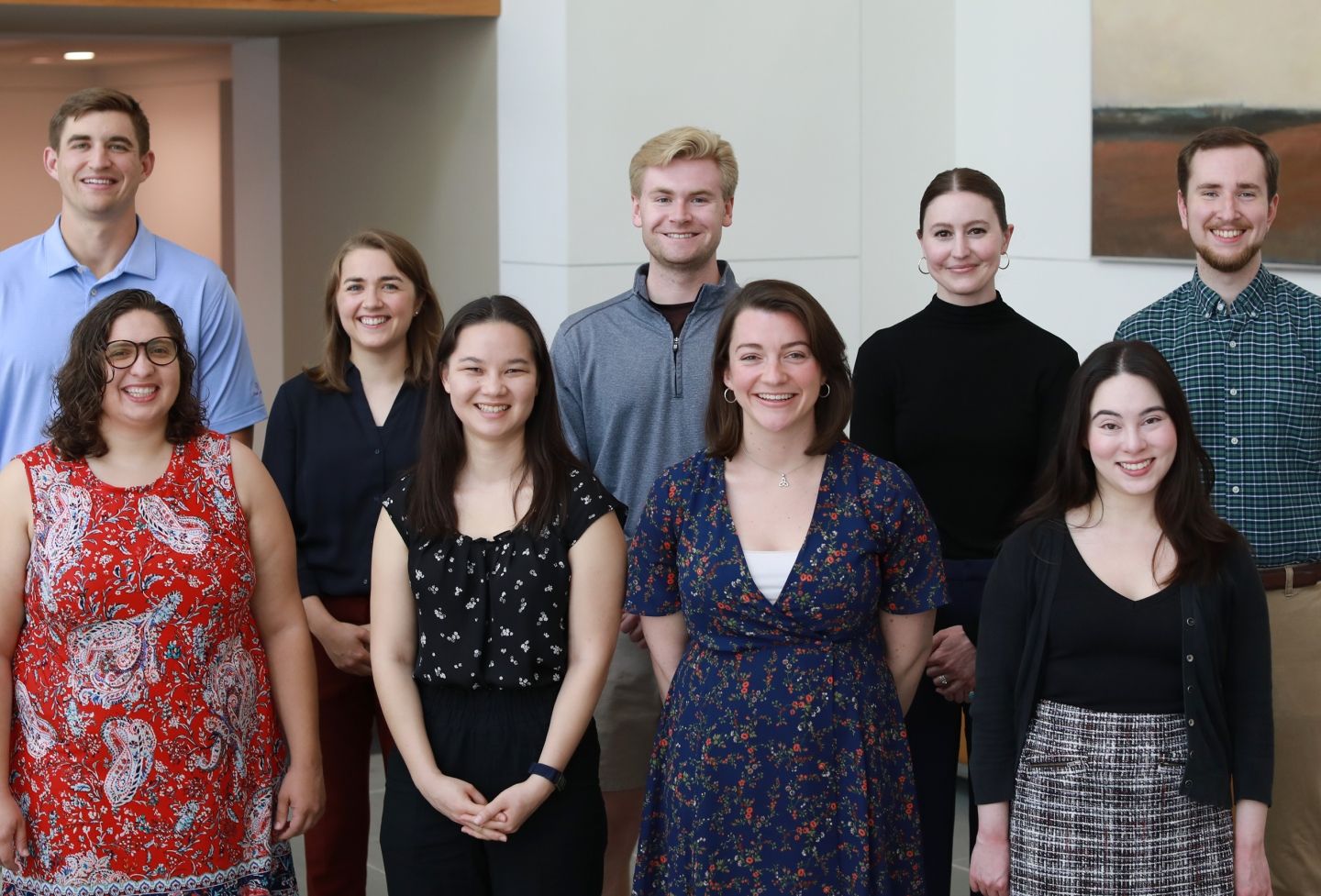Eric Broyles ’95, the founder and CEO of Nanocan, an early-stage biotechnology company developing new technologies to treat cancer, will deliver the orientation address to new students at the University of Virginia School of Law on Monday.
Nanocan holds the worldwide rights to a nanoparticle-sized drone that can carry slow-release immunotherapies to cancer tumors and may have implications for Alzheimer’s and Parkinson’s diseases. The technology is currently in the early phases of clinical trials, and Broyles is arranging for developing countries to have affordable access to the treatment.
Nanocan is Broyles’ third startup since leaving his 10-year career as a corporate lawyer at Skadden Arps in Washington, D.C., and AOL.
How did you end up running a biotechnology company?
I practiced law for about 10 years and then shifted to the business side by opening the Washington, D.C., office of Gerson Lehrman Group, an expert network firm. After a successful run with GLG, I launched my own expert firm and currently own ExpertConnect Litigation Support, which provides expert witnesses to AmLaw 100 firms and Fortune 500 Corporate Legal Departments.
About 10 years ago, I made my first investment in the health care space, and I started meeting people and seeing other parts of the industry value chain from doing a few different deals in that space. In 2018, I ended up meeting a professor at Harvard’s medical school who has patents on this drone technology. Dana Farber Cancer Institute licensed me the worldwide rights and the professor had pushed for me to get this technology because he figured he could trust me to make sure his invention not only serves developed markets but that it gets to poor people on an economic basis that reflects the market conditions in their country.
Why did you want to invest in health care?
It’s pretty straightforward for me, and it’s driven by values. If I invest in a thing, I want to know how it will impact someone’s life. My expert witness business impacts my friends in the legal community, including law school classmates and the people I practiced law with, by removing a friction point for them by finding experts. So that’s important to them. But my dad had lung cancer in 1998 and he died from it a year after his diagnosis.
So this is personal for you?
That’s ultimately what drove me to take this on. My brother currently has prostate cancer and I hope to have him cured next year in our clinical trials. If Nanocan works, we will probably have effective treatments for several cancer indications, including prostate, pancreatic and lung cancer, and potentially glioblastoma. You can’t get anything to the brain to treat glioblastoma because of the blood-brain barrier. Our drone can cross the blood-brain barrier because this nanoparticle size can go across and it can carry a therapeutic to the tumor in the brain, bind to it and slowly release the treatment.
In terms of having a successful and fulfilling career, how important do you think it is to know your values and apply them?
It’s critical. I don’t know that you can have a successful career until you know what your priorities are and why they’re important to you; otherwise, how would you even measure success? If money is your priority, there’s no judgment, but at least be clear on that. Having that understanding will help you measure whether you’ve achieved your goal. And doing that while you’re at UVA will be very important to whether you’re successful because you have set a standard to measure against.
How hard do you think it is for students in law school to identify their values and stay true to them?
I do think it requires self-reflection and an openness to hearing from people in your life. I would encourage incoming students to keep an open mind about what’s possible and just realize that whether you go to a big firm or public interest, they each have a cost and you have to figure out which cost you’re willing to pay and what you’re willing to give up. Pay attention to what feels right to you and what seems like it’s in alignment with your values, because if it doesn’t align with your values and doesn’t make you feel good inside, there’s actually not enough money to make that right.
For me to be fulfilled, I was willing to take the risk that I might not make as much money at a firm versus trying my hand at entrepreneurship, where I could be more creative. For my first 10 years as an entrepreneur, it was very intrinsically rewarding, not so much financially. But what I eventually learned through persistence is that in business it only takes one hit.
That takes a lot of courage. Where does the courage come from?
When I get to the end of my road, I don’t want to have any regrets. When I played football in high school, my coach would say, “Did you leave everything on the field?” I didn’t want to get to my 50s or 60s and wish I would’ve tried.
You’ve got to calibrate your risk, though. You can swing for the fences when you’re young, but you don’t have as much time to recover from a mistake when you’re in your 50s or 60s. Working at a law firm helped me to save some money, pay off my student loans and have money to invest. But I think when you love what you’re doing, you tend to do it better and ultimately end up with better results.
What are the most challenging aspects of your job?
Biotech is very capital intensive, even compared to tech. And the million moving parts that I have to manage — the science, regulatory, the legal, the financial, the political, trying to build a biotechnology firm while being trained as a lawyer, not a scientist. And thank God for the training I got at UVA Law, which taught me how to think through anything.
What do you think it is about the way that you learn to think here?
I think the rigor around digging deeper into the analysis and asking the right questions. Understanding your blind spots, knowing what you don’t know, challenging your assumptions and not being intimidated. UVA Law taught me how to solve big problems.
What’s the most fulfilling aspect of your job?
I like solving big problems and this is a big one. I focus on one thing every day and that is my desire to eradicate the words “there’s nothing we can do” for cancer patients. That’s all I focus on every day. I’m driven by that. It’s not even the money part — if this works, we could potentially cure pancreatic cancer. I don’t even want to say the word “cure.” I think we’ll have some effective treatments for certain cancers.
What’s one thing you wish you’d known before you started law school?
I wish I had known earlier how to be more forgiving of others, because holding onto unforgiving thoughts keeps you looking backward and may block off valuable potential personal relationships and opportunities just because you’re holding some grudge. Twenty years later, you realize it was all a story. You can’t keep focused on your vision of your life ahead of you if you are always looking back.
Founded in 1819, the University of Virginia School of Law is the second-oldest continuously operating law school in the nation. Consistently ranked among the top law schools, Virginia is a world-renowned training ground for distinguished lawyers and public servants, instilling in them a commitment to leadership, integrity and community service.


